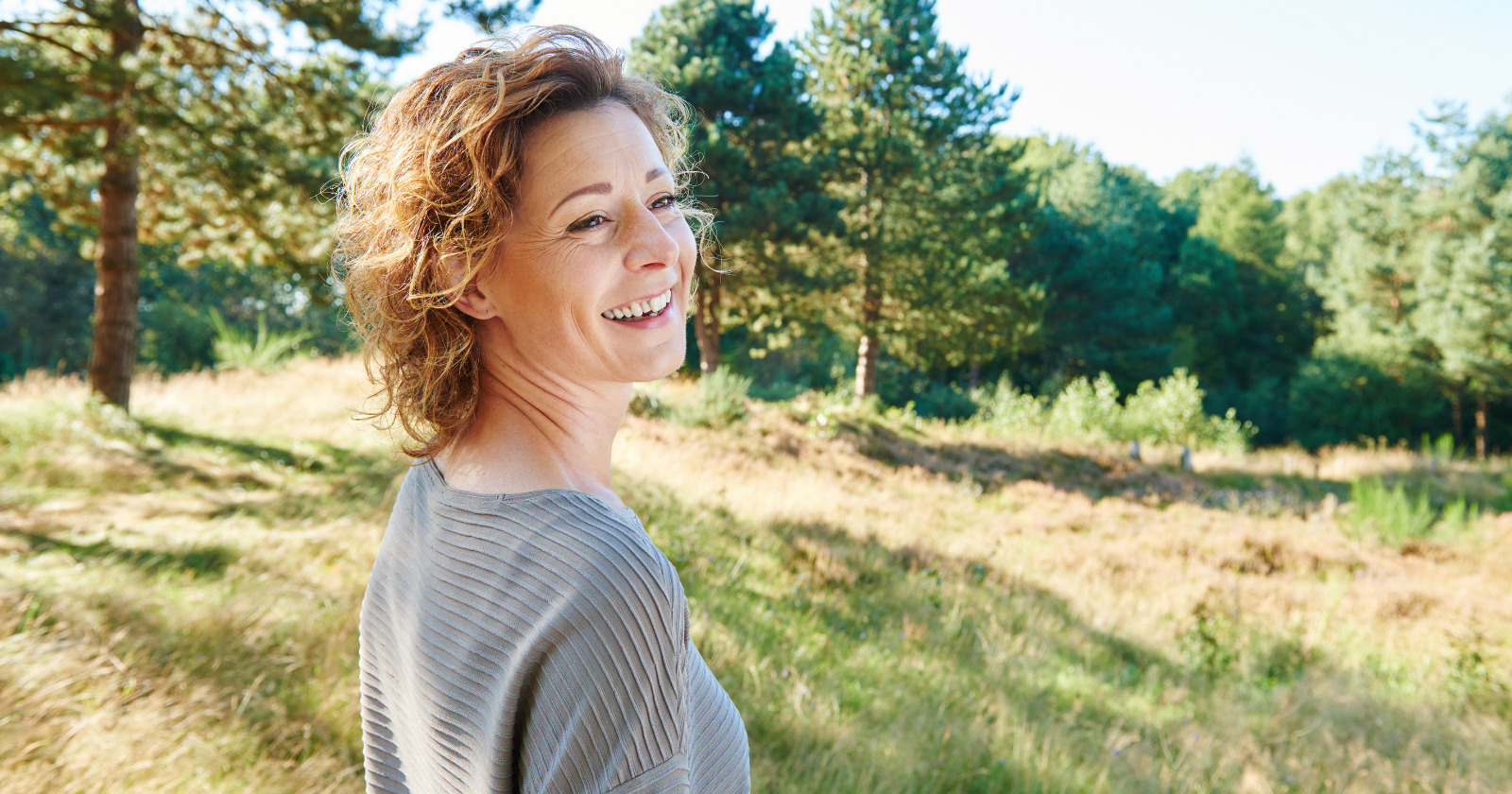For as long as I can remember, I’ve been fascinated by people.
As the founder of Hack Spirit and a self-proclaimed psychology enthusiast, I’ve spent countless hours observing how humans behave, particularly as they age.
One observation that has always intrigued me is why some individuals tend to withdraw from society as they grow older. I’ve always been curious about what drives this change, and what habits these people develop.
In my late 30s now, I’m no stranger to the allure of a quiet night in instead of a bustling social gathering. But for some, this shift goes beyond an occasional preference for solitude.
Over the years, I’ve gathered insights from various psychological studies and personal observations. And I’ve identified 7 distinct habits that people who slowly withdraw from society as they get older tend to develop.
In this article, I’ll share those habits with you in the hope that it will shed some light on this fascinating phenomenon. Whether you’re experiencing this shift yourself or see it in someone you love, understanding these habits can provide valuable insight.
Let’s delve in.
1) Increasing value on solitude
The first habit that I’ve observed in people who slowly withdraw from society as they get older is an increased value on solitude.
This isn’t necessarily a bad thing. As we age, our energy reserves can dwindle and the noise and hustle of social situations can start to feel draining rather than invigorating.
People who withdraw often start to prioritize quiet time in their own space. They find pleasure in their own company, enjoying activities like reading, gardening, or simply watching the world go by from their window.
This solitude gives them time to reflect, to think and to recharge. It’s a chance for introspection and self-discovery that our younger, busier selves often miss out on.
If you’re noticing this shift in yourself or a loved one, don’t panic. It’s not always a sign of loneliness or depression. It might just be a natural evolution of one’s preferences as they age.
Embrace this change and find ways to enjoy your own company. You might be surprised at how much you learn about yourself when you’re not constantly surrounded by others.
2) Declining desire for new experiences
As a psychology enthusiast, I’ve always been intrigued by the concept of “novelty-seeking.” This is the desire to seek out new experiences and sensations. It’s a trait that’s often associated with youth.
However, as I inch closer to my 50s, I’ve noticed a shift in my own behavior. The drive to constantly seek out new experiences has started to wane. Instead, I find myself craving familiarity and routine.
This is a common habit among those who withdraw from society as they age. The world can be a chaotic and unpredictable place, and the comfort of the known becomes more appealing.
This reminded me of a quote by famous psychologist Carl Jung: “The afternoon of life is just as full of meaning as the morning; only, its meaning and purpose are different.”
- 5 zodiac signs who tend to have the most addictive personalites - Parent From Heart
- 7 signs you’ve been sacrificing your peace to keep the wrong people happy, according to psychology - The Blog Herald
- 8 evening habits of people who wake up feeling excited about life, according to psychology - Global English Editing
Jung suggests that as we age, our focus shifts from external achievements to internal growth. This might explain why new experiences lose their appeal.
Instead of seeking thrill in the unknown, we start finding joy in familiar routines, quiet reflection and understanding ourselves better.
If you or a loved one are experiencing this shift, remember Jung’s words. Life’s “afternoon” is still full of purpose and meaning – it’s just different from what we were used to in our younger years.
3) Deepening introspection
Another habit that I’ve observed, and personally experienced, is a deepening sense of introspection.
Over the past few years, I’ve found myself spending more and more time analyzing my past decisions, reflecting on my life’s journey, and contemplating my future.
It’s as if the quieter my external world becomes, the louder my inner world gets.
This might seem like a form of withdrawal from society, but it can also be seen as a natural part of growing older. We start to review our lives, make sense of our experiences, and seek deeper understanding.
In fact, psychologists suggest that this introspection can lead to a greater sense of self-awareness and wisdom.
So if you’re finding yourself looking inward more often, embrace it. It’s an opportunity for personal growth and understanding that only comes with time and experience.
4) Prioritizing quality over quantity in relationships
One habit I’ve observed in people who withdraw from society as they age is a shift in their social relationships. Instead of maintaining a large circle of acquaintances, they start to focus on a select few who truly matter.
This was something I noticed in myself when I hit my 40s. My social circle shrank, but the relationships that remained became deeper and more meaningful.
Interestingly, a study from Stanford University’s Center on Longevity supports this observation.
The study found that as people age, they tend to focus more on emotionally fulfilling relationships rather than a large number of shallow connections. This is known as “socioemotional selectivity theory.”
This shift isn’t about becoming anti-social, but about valuing quality over quantity. It’s about recognizing who truly matters in our lives and investing our time and energy in those relationships.
5) Increasing self-reliance

As time goes on, it seems that people start to rely more on themselves and less on others. They become more confident in their own abilities and decisions, and less inclined to seek approval or input from others.
I’ve experienced this shift in my own life. As I’ve aged, I’ve learned to trust my own judgement more and to value my own opinions. I’ve become more independent and self-sufficient.
This growing self-reliance isn’t about pushing others away, but about empowering oneself. It’s about recognizing that we have the ability and wisdom to navigate our own lives.
So if you’re finding yourself becoming more self-reliant with age, embrace it. It’s a sign of personal growth and maturity.
6) Embracing acceptance
As I’ve grown older, one of the most significant changes I’ve noticed in myself is a growing sense of acceptance. I’m less resistant to change, more open to life’s ups and downs, and more accepting of myself, warts and all.
This is a habit I’ve also observed in others who withdraw from society as they age. There seems to be a greater understanding that life is full of ebbs and flows, and a willingness to go with the flow rather than fight against it.
It’s only when we truly accept ourselves and our circumstances that we can find peace and initiate genuine growth.
So if you’re finding yourself becoming more accepting with age, see it as a sign of wisdom. It’s an indication that you’re learning one of life’s most valuable lessons: the art of acceptance.
7) Seeking less, not more
Here’s a habit that seems counterintuitive: As we age and withdraw from society, we often start seeking less, not more.
In our younger years, we’re often driven by ambition, the desire for success, and the pursuit of material possessions. But as I’ve grown older, I’ve noticed a shift in my own desires. I’ve started to seek less rather than more.
Instead of aspiring for a bigger house or a fancier car, I find myself craving simplicity and contentment. I value experiences over possessions and personal growth over societal recognition.
This is a common trend amongst those who withdraw from society as they age. They start to realize that happiness isn’t found in the accumulation of things, but in the appreciation of what they already have.
Here’s a practical tip: Try adopting a minimalist approach. Declutter your physical space. Simplify your commitments. Prioritize experiences over possessions.
You might find that seeking less brings you more contentment and peace than you ever thought possible.
Conclusion
Observing these habits in those who withdraw from society as they age can be enlightening. It’s important to remember that growing older is not about becoming less, but about becoming more – more introspective, more accepting, more content.
If you’re noticing these habits in yourself or a loved one, don’t be alarmed. Instead, embrace them. Use them as tools for personal growth and deeper understanding.
And remember, it’s never too late to make positive changes in your life. Be open to new perspectives, seek meaningful connections over numerous ones, and appreciate the beauty in simplicity.
Aging is a journey of ongoing growth and discovery – enjoy the ride.









